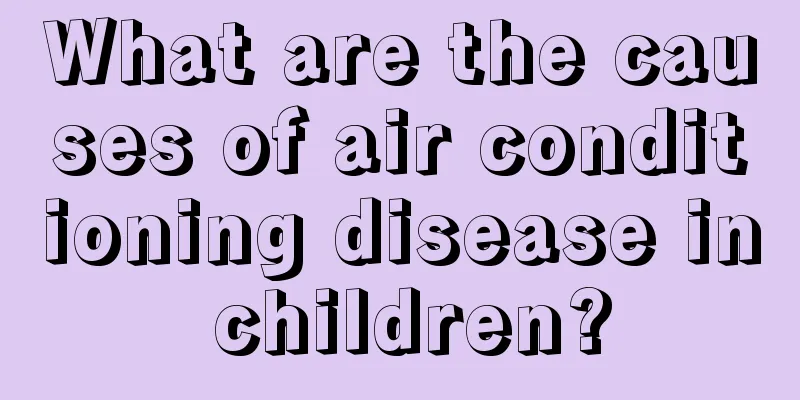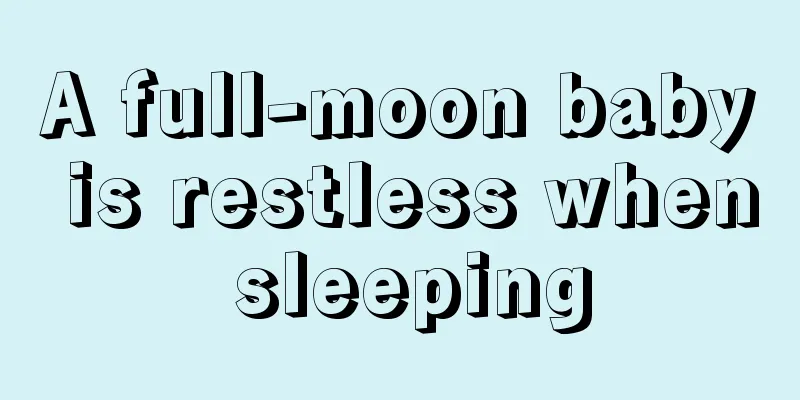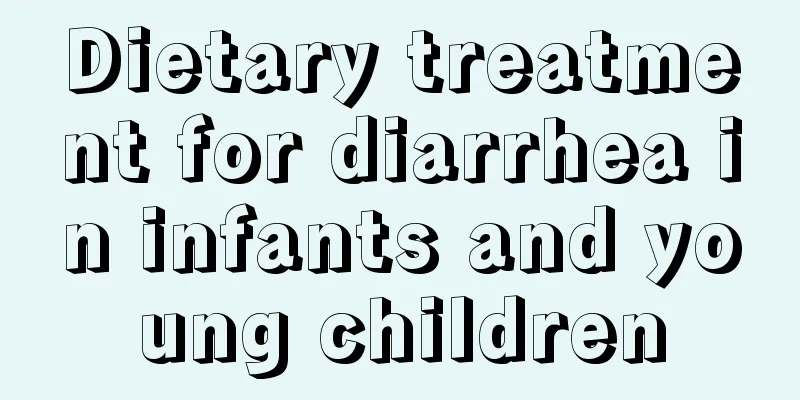What are the causes of air conditioning disease in children?

|
Children's air-conditioning disease is a new disease that emerged along with the advent of an electrical appliance. That's air conditioning. Air conditioning has now become an indispensable household appliance in many families. It can adjust indoor temperature, humidity and so on. During the summer vacation, many students cannot do without this kind of household appliance. But you should know that it also has many disadvantages. Let’s take a look at them together. People who live in air-conditioned rooms for a long time often experience symptoms such as headaches and irritability. In severe cases, they may faint or even die. The World Health Organization calls this condition "sick building syndrome", commonly known as "air-conditioning disease." As air conditioners enter more and more households, children are no exception. The main symptoms of "air-conditioning disease" in children are fatigue, dry skin, numbness of hands and feet, dizziness, sore throat, loose stools, loss of appetite, frequent diarrhea, repeated colds, long-term treatment, arthritis, etc. Therefore, in summer, mothers should pay attention to observe whether their babies have symptoms of air-conditioning disease at any time, and seek medical attention in time if necessary. To prevent your baby from air-conditioning disease, you can do the following: clean the air conditioner, check the filter membrane of the air conditioner regularly, and replace it in time; clean the cooling plate in the air conditioner regularly. When using air conditioning, the room temperature should generally be controlled at 25-27℃, and the temperature difference between indoor and outdoor should be controlled at 6-8℃. The wind speed should not be too strong, and special attention should be paid not to let the baby stand under the air outlet to avoid direct exposure to cold wind. In addition to the fact that direct exposure to cold wind is not good for the body, the most important thing is that air outlets are often places where bacteria breed. If you face the air outlet, it is like blowing the germs in the air conditioner directly into the child's mouth. In an air-conditioned room, do not dress your baby too thinly. For indoor ventilation, windows should be opened frequently to ensure convection of indoor and outdoor air. If necessary, the indoor air can also be fumigated with drugs for disinfection. Use natural wind to lower indoor temperature as much as possible. In summer, giving your baby more fruits and vegetables and drinking more boiled water can also enhance their body immunity. If you can often boil water with honeysuckle, chrysanthemum and other flowers and drink it as tea, it can also play a role in clearing away heat and detoxifying, and preventing bacterial invasion. For children who live in air-conditioned rooms for a long time, parents should ensure that they get a certain amount of sunshine every day, and do appropriate outdoor exercise when the temperature is not high in the morning and evening. When sweating a lot outdoors, you should wait until the sweat has subsided appropriately before turning on the air conditioner. Before turning on the air conditioner, wipe off the sweat on the baby's body and change into dry clothes. Be sure to prevent your baby from being blown directly by the air vent of the air conditioner for the sake of temporary coolness. Adults who are exposed to air conditioning for a long time are prone to shoulder periarthritis, cervical spondylosis, and many other unimaginable diseases. Children, in particular, are more susceptible to illness due to their weak constitutions and poor physical tolerance. During the holidays, parents should let their children know the harm of long-term air conditioning so that they can avoid this disease. Children's air-conditioning disease can be prevented. |
<<: What are the symptoms and treatment of mumps in children?
>>: What should I do if my child has nasal mucus?
Recommend
Why does the child keep hiccuping?
Hiccups in children can easily affect their conce...
What to do if your child has a fever and a rash appears on his body
If a child has a fever and a red rash appears on ...
What are the symptoms of antral gastritis in children?
Speaking of antral gastritis, many friends think ...
What to do if your child keeps catching a cold and coughing in autumn
Although autumn has been with us for a long time,...
Reasons for baby diarrhea after feeding
Once the baby has diarrhea, many mothers will be ...
What to do if one month old baby has green stool
What to do if a one-month-old baby has green stoo...
What is the reason for a child's hunchback?
For children, in addition to a variety of common ...
How to treat hydrotesticular effusion in children
The health status of children will affect the par...
Why do newborns sometimes roll their eyes?
When a newborn baby feels uncomfortable, mothers ...
What anti-inflammatory medicine should babies take for inflamed gums?
If your baby has swollen and painful gums, it is ...
The best way to treat chickenpox
Most of us will be accompanied by illnesses of va...
What should a 4-year-old child eat when he has a cough?
Parents are most worried when their children coug...
What can an eight-year-old eat to grow taller?
Eight-year-old children have just started primary...
3-year-old baby coughs with phlegm
I believe that many people often encounter the pr...
What can students eat to nourish their brains?
Children are in a critical period of growth and d...









